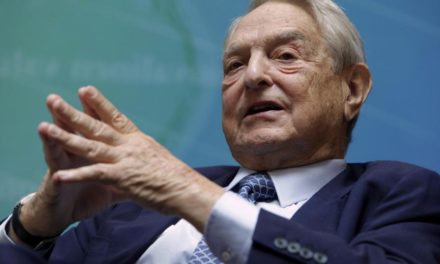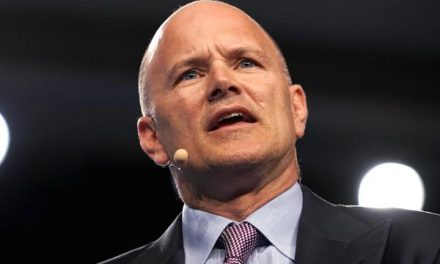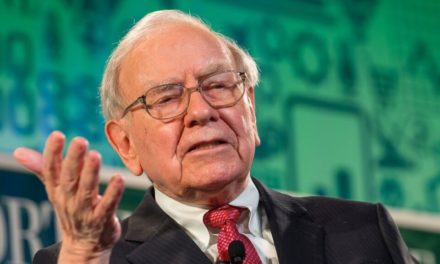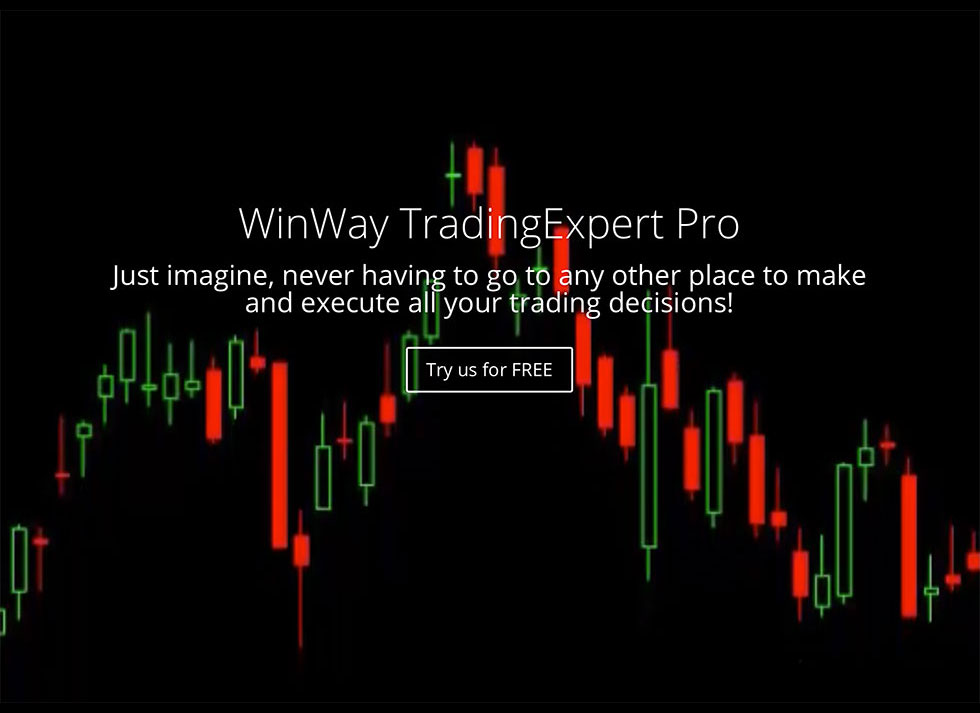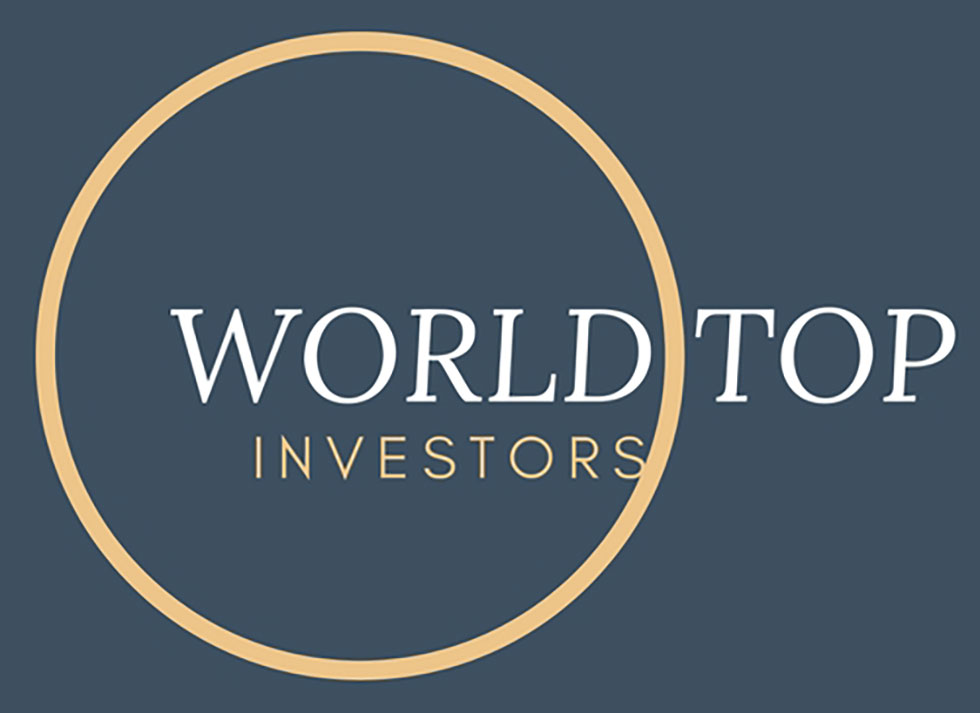Peter Schiff sees unstoppable inflation in his latest interview.
“The US CPI for February was 7.9%. That’s being called the worst inflation since 1982,” he said.
So if you notice stone-faced people at the grocery cashier digging deep into their wallets to find the change to pay, that is the image of inflation.
Prices of essentials are spiraling. Wherever you may be, you will now need at least 15 to 20% more fiat to buy essentials than a year ago.
Inflation, particularly in non-discretionary items, such as food, utilities, and fuel, is rising everywhere. EU inflation has clocked 5.9% in February. Eastern Europe is already experiencing double-digit inflation. Estonia’s inflation is at 12% in January, Lithuania clocked 14.2%.
The annual inflation rate in the UK edged higher to 5.5% in January of 2022.
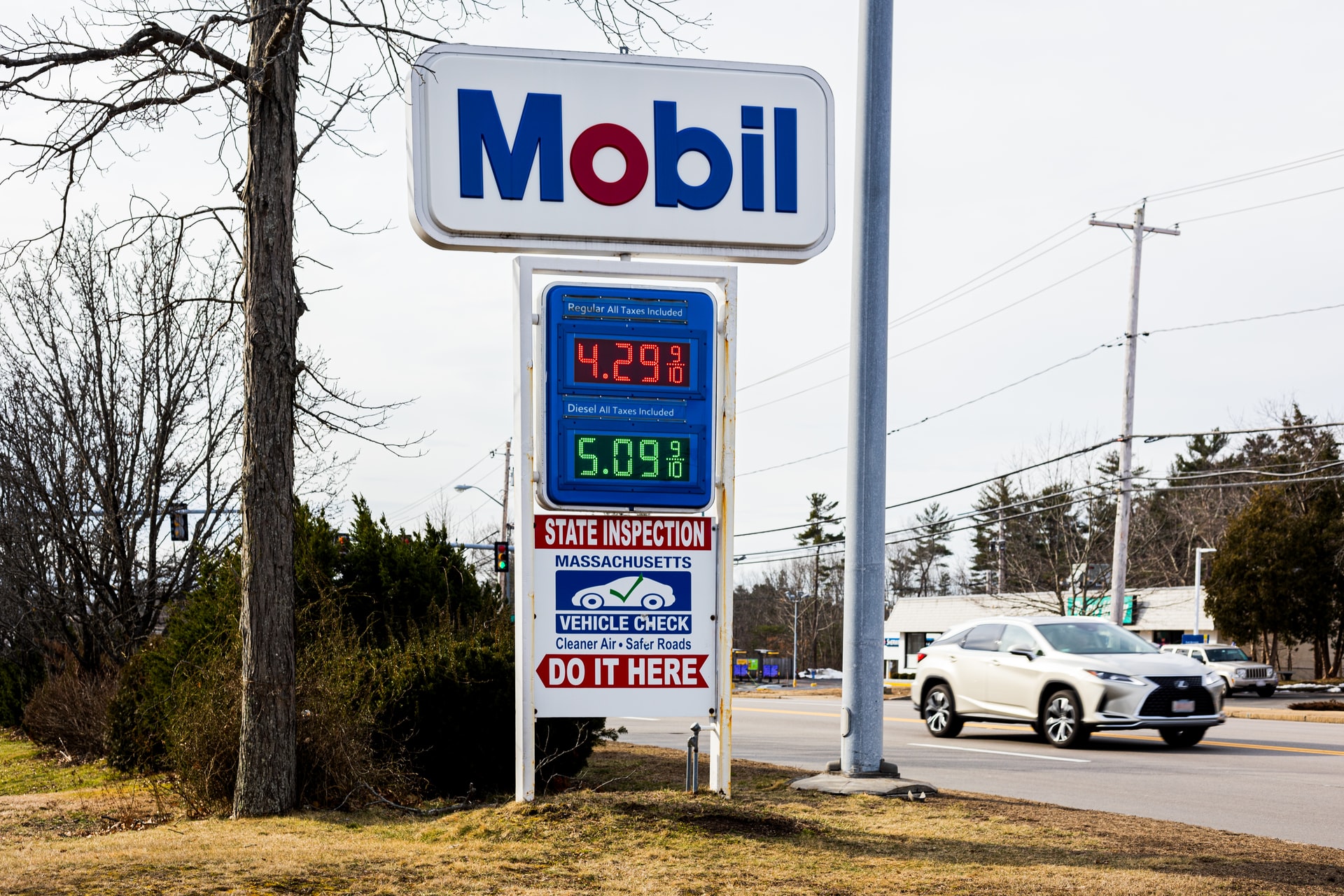
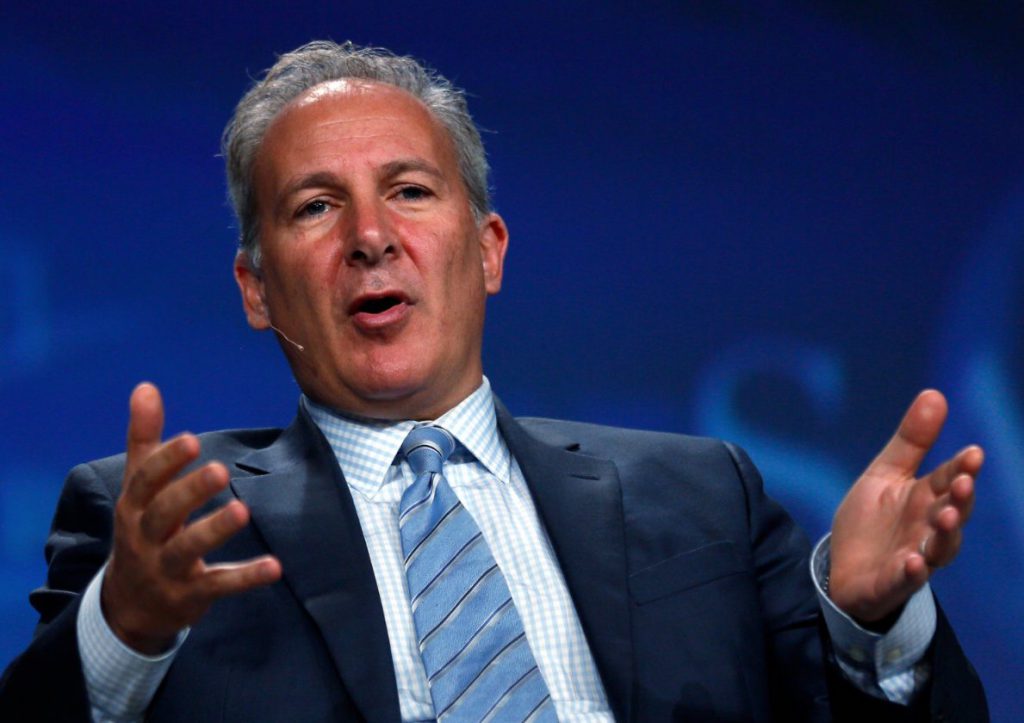
“The US CPI for February was 7.9%. That’s being called the worst inflation since 1982”
PETER SCHIFF
The crux to Peter Schiff sees unstoppable inflation is that the spiraling cost of non-discretionary items is demand inelastic and that rising input costs, such as the cost of servicing the debt will only add to the inflationary cycle
So if the Fed were to continue hiking rates, which would eventually be passed on in terms of higher interest payments of business loans that would add to cost-push inflation.
Let’s zero in on the bare essentials. The recommended daily calorie intake is 2,000 calories a day for women and 2,500 for men.
But as thrifty households search for cheaper protein substitutes, that also increases their price. So, Pea protein prices are following a similar trajectory as the meat price. The EU’s solution is to promote “novel foods,” such as bugs, house crickets, worms, and grasshoppers which are now being described as human foods and permitted to be sold in frozen dried powder in supermarkets. Will Americans also eat bugs and slide down the evolutionary food chain?
Farming is going to become great again.
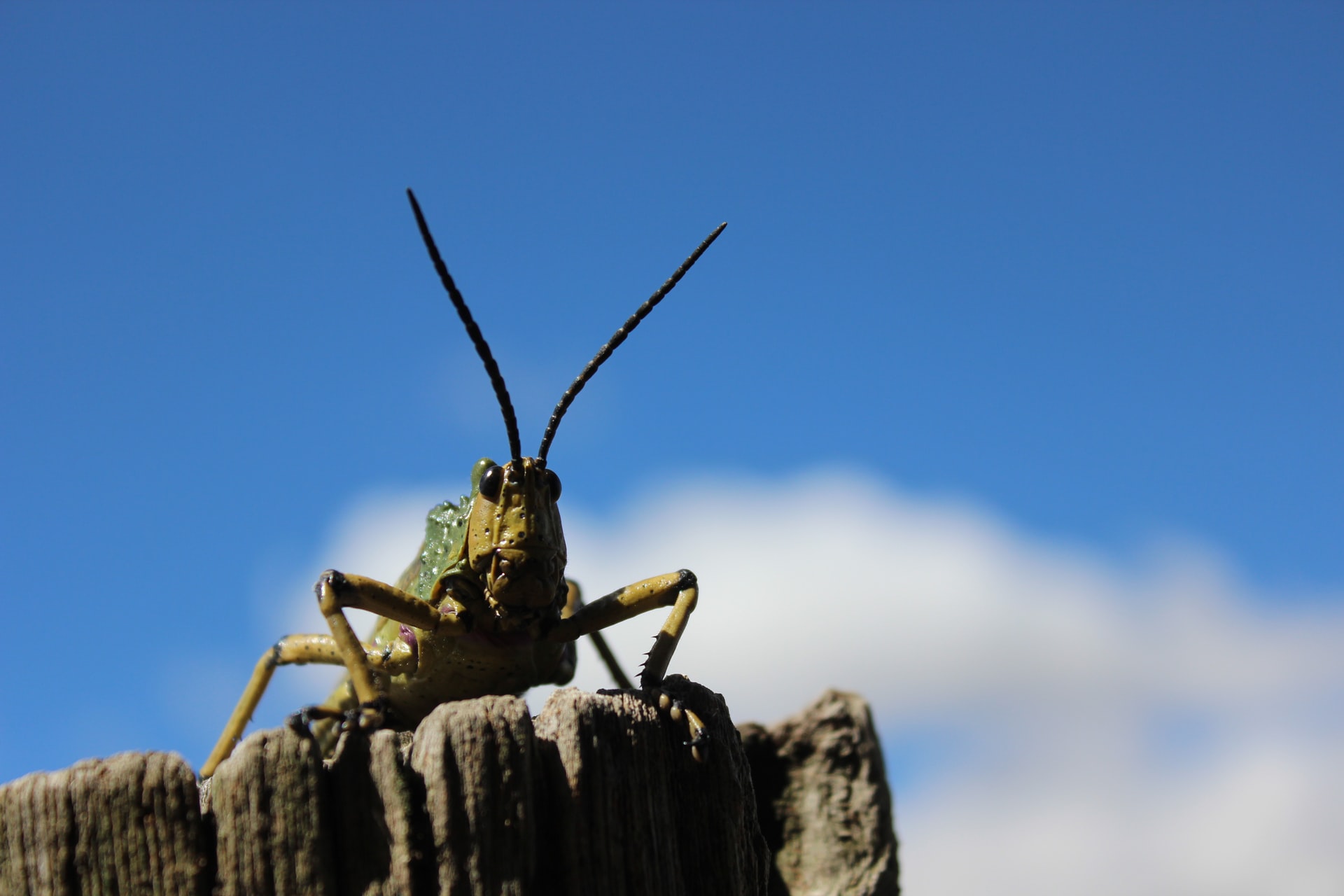
“The EU’s solution is to promote “novel foods,” such as bugs, house crickets, worms, and grasshoppers which are now being described as human foods and permitted to be sold in frozen dried powder in supermarkets”
WEALTH TRAINING COMPANY
Fed rate hikes will add to cost-push inflation and could even disrupt critical food supply chains, bearing in mind the food industry operates on high volume low margins. So imagine if a farmer is breaking even after shouldering spiraling fuel costs, then increasing the cost of servicing farm loans would make farming a loss-making business. Eventually, the farmer faces bankruptcy.
“if the Fed hikes in a slowing economy with margins already suppressed, it will cause a wave of bankruptcies right across the supply chain”
– Wealth Training Company
On a macro scale, Fed hikes could indirectly reduce farming yields as farmers leave the business and fields are left unploughed
But when aggregate supply falls, demand remains stable, prices then continue to rise, which could be why Peter Schiff sees unstoppable inflation.
But the food industry is also a logistics business.
For 99% of the population, food comes from grocery stores supplied by trucks. FTR data shows total truckload rates year-over-year are holding around 12% higher. They are forecast to grow 2.5% to 3% throughout the year. (That compares with a 29% rate increase in the spot market and a 14% rate increase for contracts in 2021.)
Many independent truckers have loans on their rigs, and their profit is squeezed due to spiraling fuel costs. So Fed rate hikes could also force many truckers into bankruptcy, which would mean supermarkets would be competing for a haulage space as supply is being cut due to crippling interest rate hikes.
Peter Schiff sees unstoppable inflation as the Fed is powerless to tackle inflation in non-discretionary items
In fact, as explained above, if the Fed hikes in a slowing economy with margins already suppressed, it will cause a wave of bankruptcies right across the supply chain.
There is no monetary policy solution to the spiralling cost of essentials
We see rationing and price controls in essential items, although this could lead to shortages and black markets. But the option of doing nothing could also lead to food riots, revolutions, and civil war. The most vulnerable and potentially dangerous people are hungry people.
“Let them eat cake” is the most famous quote attributed to Marie-Antoinette, the queen of France during the French Revolution. Will those saying today let them eat bugs have the same destiny as Marie-Antoinette?
“Inflation isn’t created by COVID, or by Putin, or by greedy corporations”
– Peter Schiff
Peter Schiff sees unstoppable inflation, and he believes the middle-class will feel the impact of the inflation tax the hardest
Their wages are not going to go up nearly as much as the cost of living. There are other people who are retired, who are on fixed incomes, and those incomes aren’t going to go up at all,” said Peter Schiff.
“Inflation isn’t created by COVID, or by Putin, or by “greedy corporations,” he said.
“There’s one source of inflation. The actual definition of inflation is an expansion of the money supply. And it’s the Federal Reserve that’s been expanding the money supply. They’ve called it quantitative easing, but they keep creating dollars. And it’s the US government that spends those dollars into circulation, and as it does that, the value of each dollar goes down. So, the price of everything that you buy with dollars goes up,” said Peter Schiff.
If Peter Schiff sees unstoppable inflation, how do you invest in these historic times?
Investors need to be in tune with crisis politics. Price control and rationing of food could be coming and speculation in agricultural produce could become illegal. Policymakers could force the delivery of agricultural produce to squash speculators.
In a national emergency farmlands and their produce could be confiscated by governments to feed starving urban populations. Precious metals price-fixing could force investors to sell to the state at below market value to secure the financial system.
Real estate becomes a white elephant in times of crisis and war. Second homes could be confiscated to house the homeless. Corporate and government bonds become illiquid markets.
Investing under state capitalism could entail moving capital into less politically sensitive assets in times of a crisis.
So farm machinery, tractors, instead of farmland is an example. Invest in bread makers instead of wheat crops. Infrastructure railroads could be another valuable investment but in a war, your investment could be destroyed.
Blockchain, cryptocurrencies with utility that don’t compete with CBDC could be another potentially good investment. Investing in tools and developing skills could also help you through the crisis.

